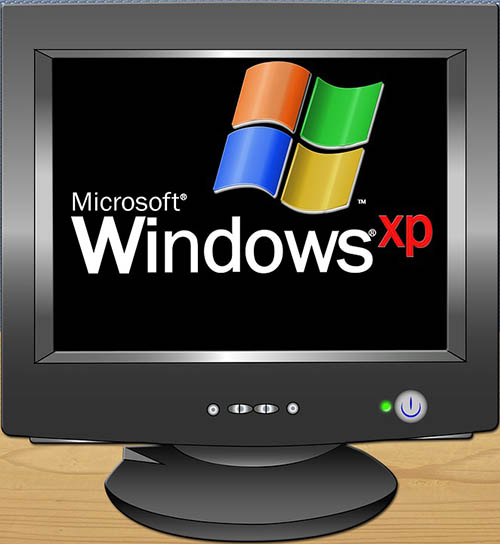
|
| « Articles | History of Playing Cards | Gallery of Playing Cards | Card Games Rules | CONTACT |
Exploring the Importance of the Rise of Digital Card Gaming
Card games have been a part of human entertainment culture for centuries, with many developing civilizations of old using sets of cards or an equivalent product for playing games. What we now recognize as standard playing cards have been around since the 1500s, with Pierre Marechal's influential design featuring an English pattern in the French Rouen design being passed down through the generations to keep people playing the many different kinds of card games available.
From the many classic card games that require a standard deck of cards, other entertainment companies recognized the scope and appeal of the format. Eventually, card games that featured more advanced rules, beings from made-up worlds, and even dice rose to the fore, all thanks to the inherent understanding of card games. Now, in an age of everything having a digital offering of some sort, card games have become even more widespread and popular.
However, playing card games has always been a social occasion, with friends and family often gathering just to play some cards, while digital entertainment mediums are regularly suited to appeasing the user on their own. So, is it worthwhile playing card games digitally?
The advent of online card gaming

Source: Pixabay
Ask anyone who purchased a PC in the 90s; you could guarantee that the small selection of pre-installed games would include Minesweeper and a card game - usually solitaire or blackjack but sometimes a form of poker. Recognizing the potential of the internet and its capacity to connect people to digital developers' products, it didn't take long for card games to migrate to the online space, with the first virtual poker hand being dealt over the internet on January 1, 1998.
It isn't just standard deck card games that made it to the digital space, either, with so many other card games exploring how to make their offering even more accessible in the late 90s. One of the most notable is Magic: The Gathering, which came out as a video game in 1997 on PC. In 1998, the Pokemon Trading Card Game arrived on the Game Boy Color, as did Yu-Gi-Oh! Duel Monsters in 1998, which was followed by Digimon: Digital Card Battle in 2000 on the PlayStation.
For these non-traditional card games, going digital offered a better way to teach players how to play the physical games. Through a single screen, a step-by-step guide to the actions in the game and uses of each card were able to create expert players very quickly. A similar effect has been seen in digitized traditional card games as people would usually have to wait for someone to introduce them to the game and explain the rules. In contrast, now, built-in game instructions and restricted actions help to give beginners a firm understanding.
Card gaming continues to be hugely popular today, as can be seen by the diverse array of digital card games on the hybrid Nintendo Switch console. Playable via your TV or on its touch-screen, the Switch boasts games like The Lord of the Ring: Adventure Card Game, Eternal Card Game, video poker, blackjack, and Yu-Gi-Oh! Legacy of the Duelist: Link Evolution. In fact, despite the array of other video games available, the card game Hearthstone stands as one of the biggest eSports titles today, with its World Championship tournaments offering $1 million in prize money.
Sustained popularity through integration

Source: UnSplash
As the digital gaming space is so vast, with ever more impressive titles being heavily advertised, traditional and non-traditional card games would struggle to keep up, primarily due to the games needing to stay the same. With original platforms mostly focusing on one game, the continually increasing desire for convenience started to take its toll. So, to continue to appeal to all, card-based title were integrated into massive, expansive game offerings.
The most recent example of this in action is on the Nintendo Switch with the 51 Worldwide Games title. It bundled together the likes of poker, blackjack, speed, pig's tail, and president with other classics, including mancala, hare and hounds, and Chinese checkers. It's the same in online gaming, too. While standalone poker platforms are usually the anomaly, the likes of blackjack, baccarat, and hold'em in their live and video forms are propped up by other diverse casino gaming options. At the top-rated online casinos such as VegasSlots.co.uk, the live real dealer card games are complemented by collections of Vegas slots, such as Game of Thrones and Thunderstruck II.
Platforms that host card games recognized early on that the best way to appeal to a broad audience is by incorporating the card games into a more diverse offering. This way, people who want to play less complex games - as card games don't often tend to be - still have the card games around, just in case they fancy giving them a go at some point. Being readily available on large gaming sites has become key to the ongoing popularity of all card games.
The primary selling point of digital card games, particularly online card games, is that there is always an opponent to play against. Whether it be the computer-controlled foes or a room filled with card gamers from around the world, the strength of the internet now allows anyone to get a proper card gaming experience at their convenience.
|
|
|
|